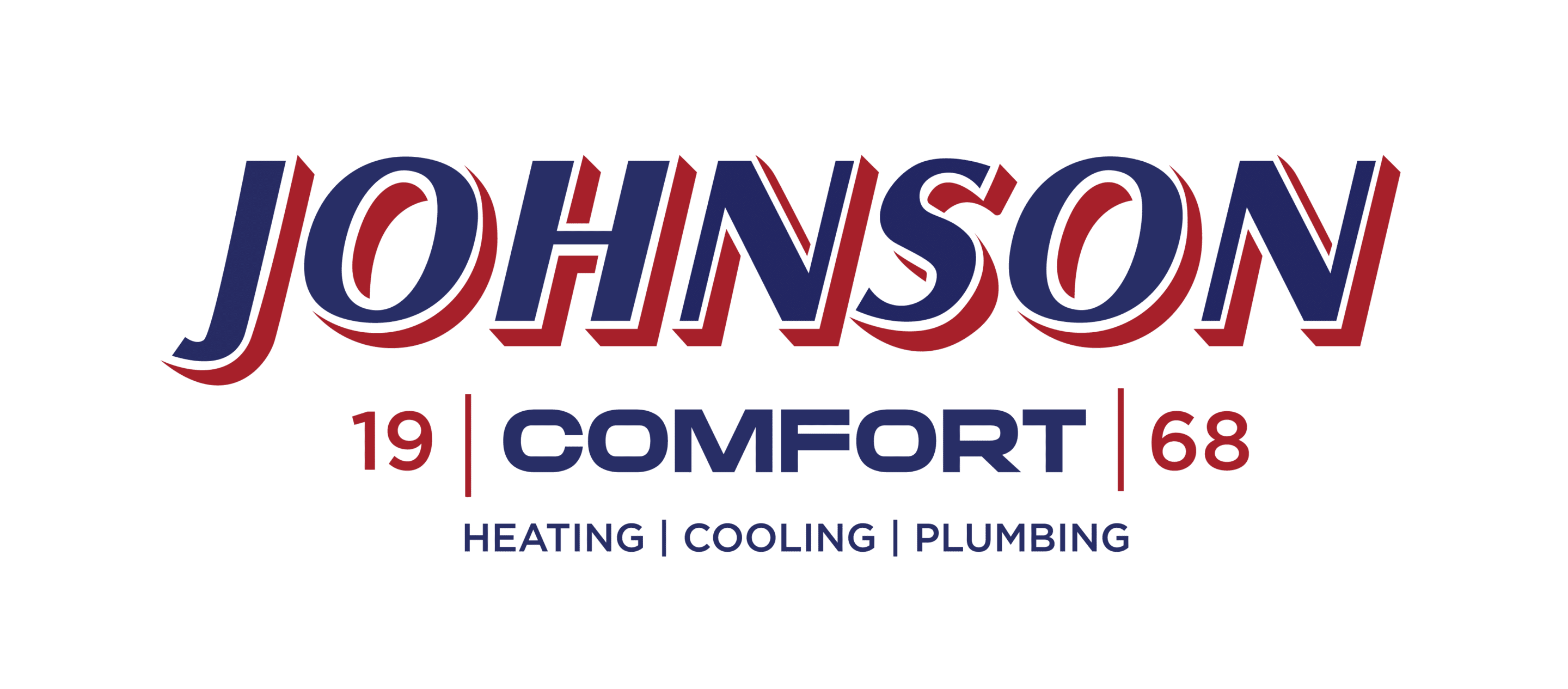If it hasn’t happened already in your central Indiana home, it will one of these days. As you’re taking a shower, you’ll notice standing water covering your toes. Or it might be that your toilet doesn’t seem to flush waste as effectively as it normally does. For some homeowners, it will be a foul smell that appears to be coming from a floor drain. All these and many other unpleasant symptoms point to the same problem — a clogged drain.
Your home’s drains serve two important purposes. First, they safely remove waste from your home and send it down your community’s sewer lines or to your septic tank. Second, well-designed drains protect your family from the stinky and sometimes dangerous odors that result when organic materials in sewer lines decompose.
What Causes Clogged Drains?
Blocked drains can be caused by many things. One of the most common causes is a buildup of thicker or solid materials along the walls of your drainpipes. That’s why you should never dump cooking grease or fats, food waste, or bathroom wipes and other paper products down the drain. As those materials collect in your pipes, they narrow the space that wastewater can flow through. That leads more materials to collect, and it isn’t long before you’re facing the kind of problems mentioned earlier.
Other common causes of slow or stopped-up drains include loose hairs from your shower or sinks, tree roots growing into the underground piping that connects your home to the sewer system or septic field, mineral buildup from central Indiana’s hard water, and situations such as curious toddlers wondering what happens when they flush objects down the toilet.
Do Chemical Drain Cleaners Work to Clear Blockages?
Sometimes, wastewater manages to remove obstructions, but most of the time, drains just flow more slowly until they come to a complete stop. That’s when many central Indiana homeowners reach for chemical cleaners they buy at the supermarket or hardware store. Those cleaners promise clear drains within minutes, but they’re not as safe as you may believe. Most rely on highly corrosive chemicals such as lye to remove grease and other substances from the drain walls. But many of those chemicals can damage pipes and connections, especially when they’re used incorrectly or frequently. In fact, chemicals can make a bad clog even worse. (They can also hurt people and pets, so be sure to wear rubber gloves and eye protection when using them.)
The simple fact is there’s no better way to restore your drains to safe and problem-free operation than turning to professional drain cleaners like the plumbing team from Johnson Heating & Cooling. Our drain cleaning experts have the experience and tools to quickly locate the source of your drain problems and clear them away.
Leave Drain Cleaning to the Professionals
Our service vehicles are equipped with the full array of drain-cleaning tools, including drain snakes, hydrojetting equipment that uses water pressure to blast through stubborn clogs, and even video cameras that allow us to find and diagnose the cause of your backup. What’s more, our drain cleaning experts can explain how you can prevent clogs from returning.
Smart homeowners call for drain cleaning help as soon as they notice that their drains are slowing down. Regular cleanings can reduce the possibility of clogs, so your drains can keep doing what they’re designed to do efficiently and without unpleasant odors.
Most important, make sure your family knows what should go down the drain and what needs to be disposed of in other ways. Prevention is the best way to keep clogs and slow drains from frustrating you.
Call Johnson Heating & Cooling for Drain Cleaning Services in Greenwood, IN, and the Surrounding Central Indiana Area
If you want to try to clear a drain on your own, skip the chemicals. Instead, start with a familiar and old-fashioned tool: a plunger. Be aware there are two different types of plungers … one type made for sinks, tubs, and floor drains, and the other that’s made exclusively for use in toilets. Not sure how to use a plunger effectively? You’re not alone, because many people use both kinds incorrectly. You’ll find plenty of videos on YouTube to show you how to use both. If you can clear the blockage with a plunger, that’s great, but if you don’t seem to be getting anywhere, that’s when you need to call the Johnson Heating & Cooling team.



